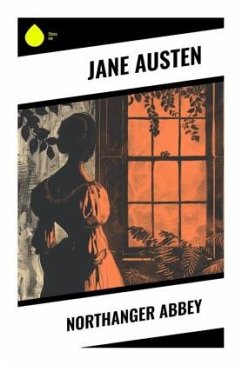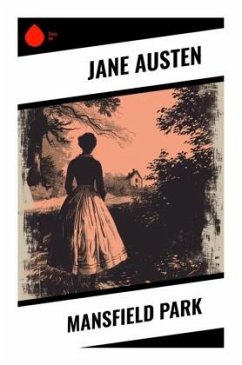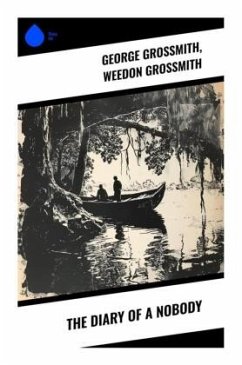
Joseph Andrews
Biographical Novel
Versandkostenfrei!
Versandfertig in 6-10 Tagen
13,70 €
inkl. MwSt.

PAYBACK Punkte
0 °P sammeln!
In "Joseph Andrews," Henry Fielding presents a rich tapestry of 18th-century English society through the humorous and satirical journey of his titular character. This novel, often viewed as a precursor to the modern novel, unfolds in an episodic narrative filled with vivid characters and encounters that reflect the moral landscape of the time. Fielding's distinctive style fuses comedy with a keen social critique, skillfully employing irony and parody to explore themes of virtue, hypocrisy, and the nature of true gentlemanliness. With roots in Fielding's own experiences as a playwright, this wo...
In "Joseph Andrews," Henry Fielding presents a rich tapestry of 18th-century English society through the humorous and satirical journey of his titular character. This novel, often viewed as a precursor to the modern novel, unfolds in an episodic narrative filled with vivid characters and encounters that reflect the moral landscape of the time. Fielding's distinctive style fuses comedy with a keen social critique, skillfully employing irony and parody to explore themes of virtue, hypocrisy, and the nature of true gentlemanliness. With roots in Fielding's own experiences as a playwright, this work serves as a playful yet pointed commentary on the sentimental novel genre, challenging prevailing tropes through Joseph's trials and escapades. Henry Fielding (1707-1754) was a seminal figure in English literature, known for his satirical wit and narrative innovation. He was not only a novelist but also an accomplished playwright, and his varied career offered insights into the complexities of human nature and societal norms. Fielding's engagement with socio-political issues of his time, including his experiences with law and politics, undeniably shaped his character-driven storytelling, evident in the way he draws moral lessons from human follies in "Joseph Andrews." This quintessential work of early English literature is a must-read for enthusiasts of literary satire and social commentary. "Joseph Andrews" invites readers to indulge in Fielding's wry humor while reflecting on the timeless queries of morality and virtue, making it a compelling exploration for both casual readers and scholars alike.












